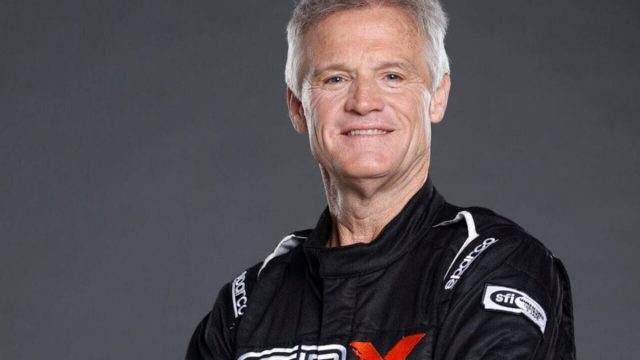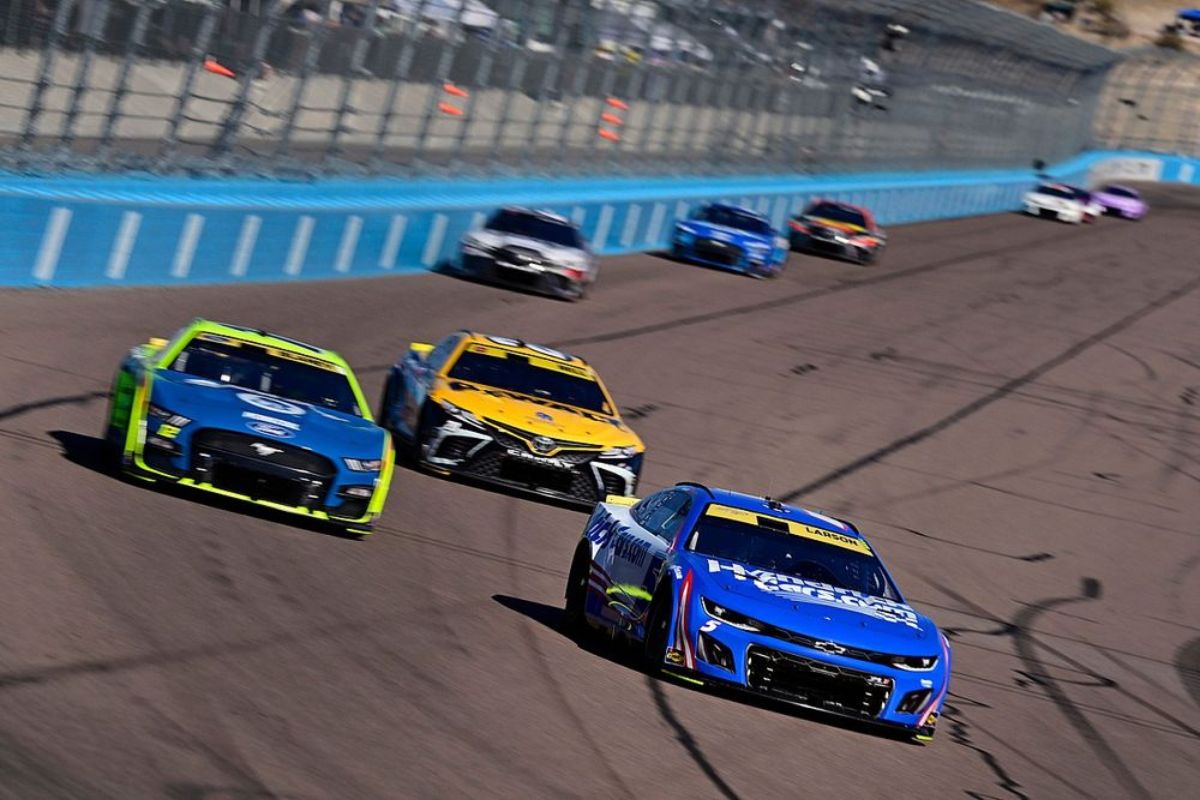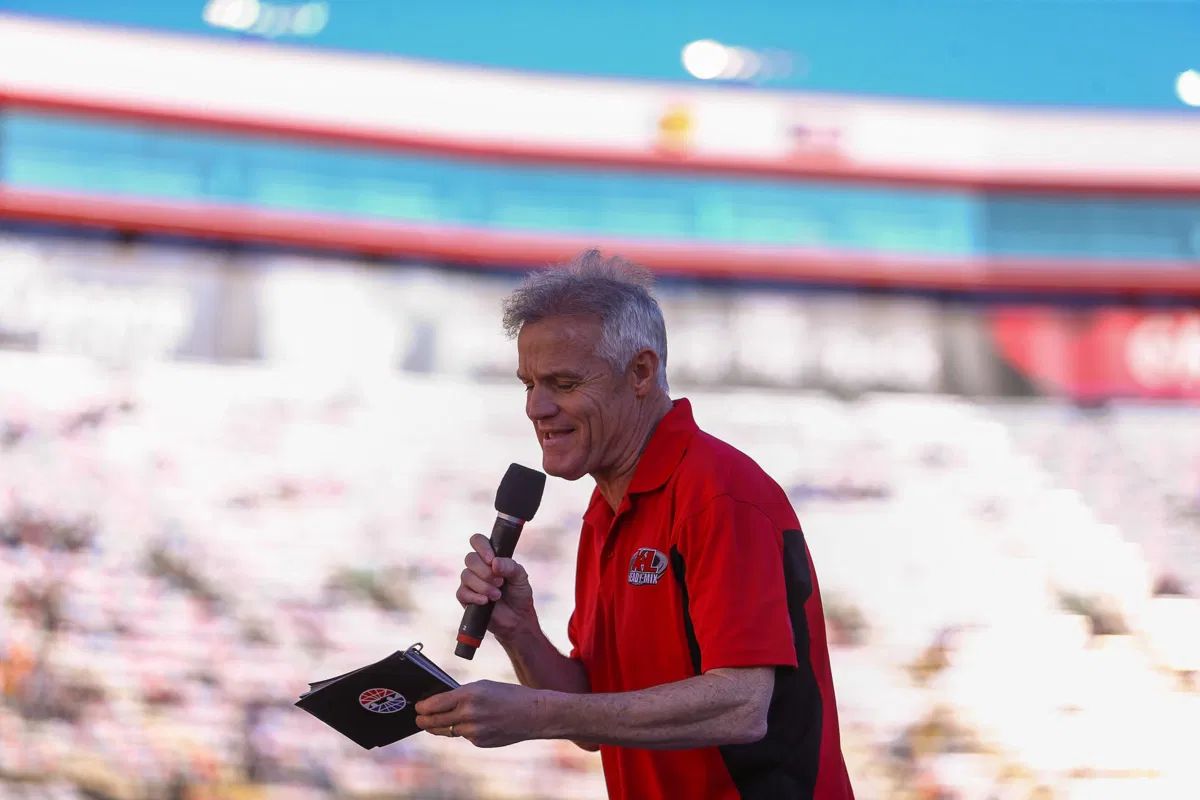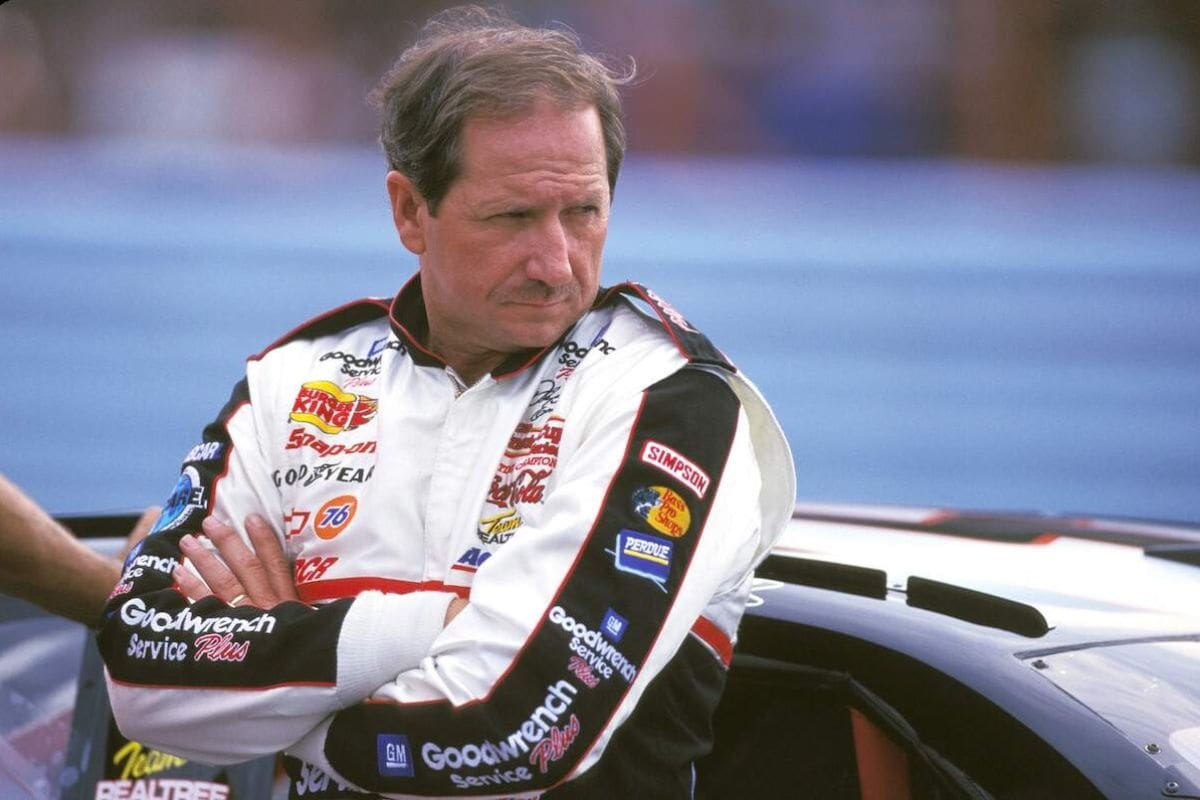NASCAR Veteran Shares Painful Hometown Betrayal: In a poignant reflection on the complexities of success, NASCAR veteran Kenny Wallace has opened up about the unexpected betrayal he faced upon returning to his hometown. His narrative reveals a disheartening reality: the community that should have celebrated his accomplishments instead harbored resentment, wishing for his struggles rather than his victories. This phenomenon raises questions about the often fraught relationship between local pride and individual success, prompting a deeper exploration of how fame can distort community dynamics.
Key Highlights
- Kenny Wallace faced resentment from his hometown community after achieving NASCAR success, highlighting the complexities of fame and local expectations.
- His philanthropic efforts were often misunderstood, leading to feelings of scorn rather than gratitude from some community members.
- The emotional turmoil stemmed from a perceived betrayal, as residents equated his success with a loss of authenticity.
- Wallace’s experience shows the pressure that athletes face to conform to community sentiments while pursuing personal ambitions.
- The desire for success can create a conflict between personal achievement and communal loyalty, complicating the sense of belonging.
Introduction to NASCAR Legends
The legacy of NASCAR legends transcends mere statistics and accolades; it involves the passion and perseverance that resonate deeply within the hearts of fans and aspiring drivers. Icons such as Dale Earnhardt Jr., Jimmie Johnson, Bill Elliott, and Kevin Harvick have carved their names into the records of motorsports history, becoming examples of excellence and resilience. These drivers dominate the racetrack with their skillful tactics and tactical insight and capture the imagination of fans through their compelling narratives of victory and adversity.
What sets these legends apart is their multifaceted impact on the sport. While on-track achievements are certainly celebrated, their contributions extend beyond competitive success. Many have engaged in philanthropic efforts, using their platforms to drive positive change within their communities.
For instance, Dale Earnhardt Jr.’s demand for mental health awareness shows how a driver can harness their fame for a greater cause. This duality—combining athletic skill with social responsibility—has endeared them to fans and solidified their status as heroes.
However, the reverence for these figures often contrasts sharply with the reality faced by some veterans, such as Kenny Wallace, who encounter a disheartening disconnect upon returning to their hometowns.
Kenny Wallace Reflects on Hometown Treatment
Amidst the victories and celebrations of a storied NASCAR career, Kenny Wallace’s return to his Missouri hometown revealed an unsettling truth about the complexities of fame. Despite his iconic status and remarkable achievements, Wallace encountered a disheartening reception, compelling him to grapple with the harsh realities of his origins.
His frank reflections show the dissonance between public admiration and personal alienation. The expectations of those in his hometown appeared contradictory; instead of celebrating his success, some seemed to prefer a narrative of struggle, as if his achievements were a source of discomfort. This sentiment resonates deeply with many who rise to prominence, showing the often paradoxical nature of fame.
| Hometown Sentiment | Kenny’s Achievements | Impact on Identity |
|---|---|---|
| Envy and Betrayal | 25 years in NASCAR | Re-evaluation of Self |
| Desire for Normalcy | 344 Cup Series races | Feeling of Isolation |
| Resistance to Change | 547 Xfinity Series races | Need for Acceptance |
| Questioning Loyalty | Dirt track racing now | Conflict with Roots |
| Struggle for Belonging | YouTube presence | Search for Connection |
Wallace’s Candid Confession
Kenny Wallace’s honest confession during an interview with Charlie Marlow sharply emphasizes the emotional turmoil that often accompanies success in a tightly-knit community. His experience reveals a complex interplay between personal achievement and communal expectations, showing how success can breed resentment rather than admiration.
Wallace’s return to St. Louis, fueled by the desire to reconnect with his roots, instead led to disillusionment as he faced hostility from those he considered friends. This betrayal is representative of a broader phenomenon where individuals who ascend to prominence may inadvertently alienate their peers.
“It pissed me off when I moved back to St. Louis to race against my people and they hated me because I was a NASCAR driver. And here I thought I was coming home to be with my friends, and hell, I was even sponsoring people, giving people tires. I was paying forward.” – (wallace)
Wallace anticipated a warm welcome, expecting to share his success and contribute to his community. Instead, he encountered resentment, which challenged the notion of loyalty in small communities.
“When I came back home and my people were mean to me. They didn’t like it that I made it. They wanted me to be poor with them. I just couldn’t get over that. It’s shocking.” – (wallace)
Despite his philanthropic efforts—sponsoring local athletes and providing resources—his actions were met with scorn rather than gratitude, highlighting a disconnect between intention and perception.
Wallace’s experience emphasizes a prevailing mindset in some communities that equates success with betrayal, revealing deep-seated fears of inadequacy and loss among those left behind.
Kenny Wallace’s NASCAR Achievements
With over three decades of experience in NASCAR, Kenny Wallace carved out a remarkable career that reflects his resilience and talent in a highly competitive sport. His path began with a debut for Dale Earnhardt Inc. in 1988, moving to his initial full season in the Xfinity Series for his brother’s team, Rusty Wallace Racing, in 1989. This season saw him earn the Rookie of the Year award, and he quickly established himself as a consistent contender.
Despite facing challenges, including a lack of support from his hometown, Wallace garnered considerable acclaim among fans. Particularly, he secured the NASCAR Busch Series Most Popular Driver award three times (1991, 1994, and 2006), solidifying his status in the sport. His record for the most Xfinity Series starts highlights his enduring presence, even though he only attained nine wins.
Wallace’s near miss for the championship in 1991, finishing just 74 points behind Bobby Labonte, underlines his competitive spirit. His remarkable ability to finish in the top 10 of the standings ten times throughout his Busch Series career indicates consistency and a commitment to excellence.
Valuable Advice from Dale Earnhardt Sr.
When faced with the demands of competitive racing, drivers often seek guidance from seasoned veterans, and Kenny Wallace’s vital encounter with Dale Earnhardt Sr. shows the profound impact such mentorship can have. During a critical moment in his Busch Series career, Wallace grappled with frustration over repeated runner-up finishes. It was then that Earnhardt, known as “The Intimidator,” imparted wisdom that would fundamentally reshape Wallace’s perspective on success.
Dale Earnhardt Sr.’s insights emphasized the importance of consistency over immediate victories, a lesson that resonates in the competitive landscape of NASCAR. Earnhardt showed that consistently finishing in the top positions accumulates valuable points, ultimately leading to championships.
Rather than lamenting a near victory, drivers should recognize second-place finishes as stepping stones toward greater success, as even small point differentials can make a considerable impact over a season.
“I’m doing the old, ‘Uh, I hate second. I can’t believe I run second’ — which in reality is a bold-faced lie for anybody… So Earnhardt Sr. said this to me, ‘Boy, you take those second places, that will win you a championship’. Like Earnhardt had won some championships maybe winning two, four races a year. Second-places, the guy in front of you, he only gained a couple of points on you. That’s what Earnhardt taught me.” – (wallace)
Earnhardt taught Wallace to focus on the broader picture rather than fixating on immediate results, reinforcing the idea that championships are built over time, not through isolated victories.
News in Brief: NASCAR Veteran Shares Painful Hometown Betrayal
The experiences of Kenny Wallace show the complex dynamics of local pride and the burdens of success in professional sports. Rather than uplifting their hometown hero, some community members expressed resentment, revealing an unsettling desire for his struggles over his achievements.
This phenomenon highlights the emotional challenges athletes face, steering through the fine line between fame and alienation, ultimately prompting a re-evaluation of community expectations and the implications of success within a localized context.
ALSO READ: Kenny Wallace Slams NASCAR’s Shark Fins: ‘Not Gonna Stop Physics’ After Daytona Wrecks



